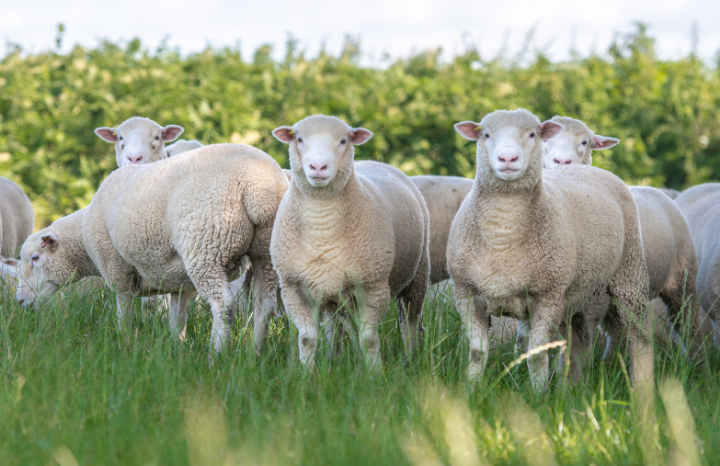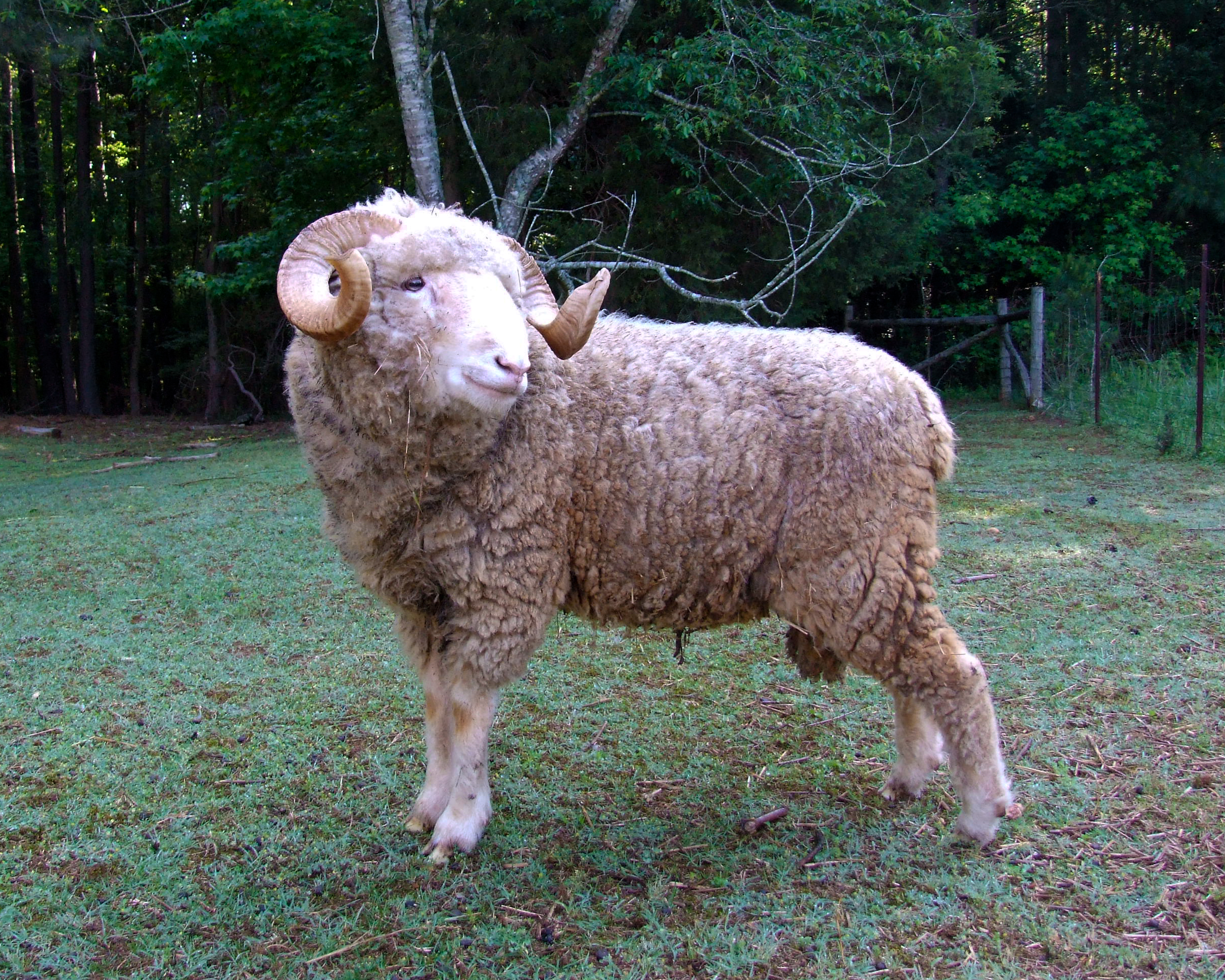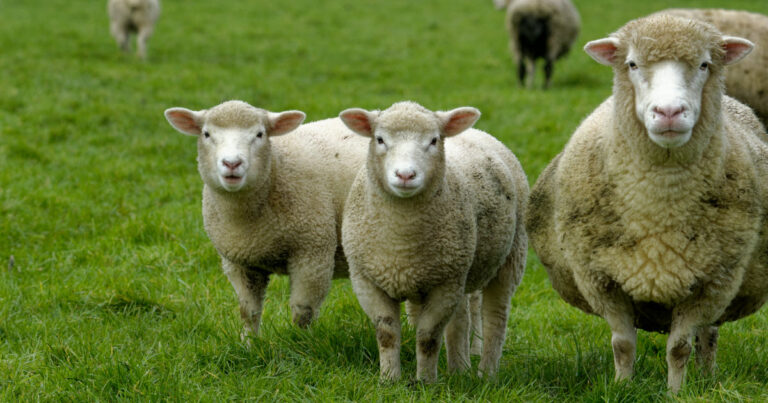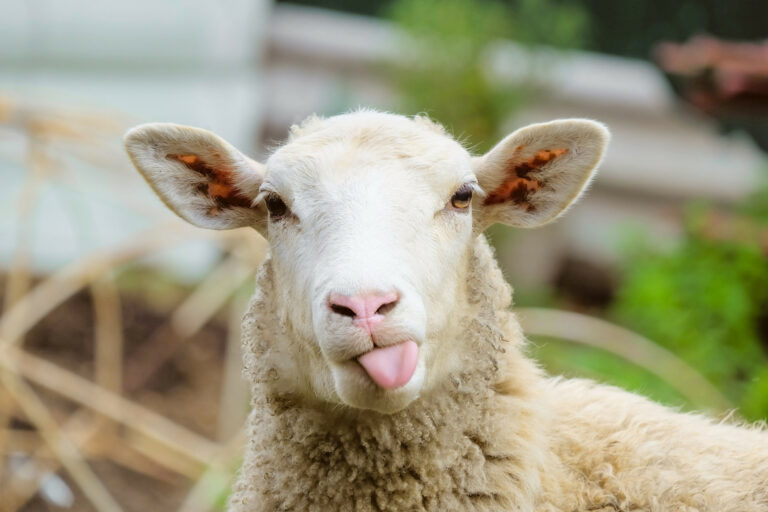Embarking on the journey of raising Dorset sheep can be a rewarding and fulfilling experience, especially for those new to sheep farming. Known for their hardiness, adaptability, and exceptional meat quality, Dorset sheep are an excellent choice for beginners and experienced shepherds alike. In this comprehensive guide, we will provide essential insights and tips for beginners venturing into the world of Dorset sheep farming.
Research and Education
Before diving into raising Dorset sheep, it’s crucial to invest time in research and education. Here are some key steps:
- Learn About the Breed: Start by gaining a solid understanding of Dorset sheep. Study their history, characteristics, and unique traits. Recognize the differences between Dorset Horn and Dorset Poll varieties.
- Read Books and Online Resources: Access books, articles, and online resources related to sheep farming. These materials can offer valuable insights into sheep care, nutrition, and management.
- Connect with Other Shepherds: Join local or online sheep farming communities and forums. Experienced shepherds can provide valuable advice, answer questions, and share practical tips.
Choose Quality Stock

Selecting the right Dorset sheep is essential for a successful flock. Look for healthy, well-bred sheep from reputable sources. Consider factors such as age, genetics, and health history. Start with a small number of sheep to gain experience before expanding your flock.
Proper Shelter and Fencing
Provide suitable shelter to protect your Dorset sheep from extreme weather conditions. A well-ventilated barn or shed is essential, along with a secure fencing system to prevent escapes and protect against predators.
Nutrition and Feeding
Dorset sheep require a balanced diet to thrive. Provide access to clean, fresh water at all times. Their diet should include quality forage, such as grass and legumes, along with hay and mineral supplements. Consult with a livestock nutritionist to develop a feeding plan tailored to your flock’s needs.
Healthcare and Disease Prevention
Regular veterinary care is essential. Establish a vaccination schedule and deworming program in consultation with a veterinarian. Monitor your sheep for signs of illness, weight loss, or unusual behavior, and address health concerns promptly.
Breeding Practices
If you plan to breed Dorset sheep, understand the breeding cycle and best practices. Ensure proper nutrition for pregnant ewes and provide a safe and clean lambing environment. Familiarize yourself with lambing signs and be prepared to assist during the lambing process if necessary.
Record Keeping
Maintain detailed records of your flock’s health, breeding, and management practices. Accurate records will help you track performance, identify trends, and make informed decisions.
Learn by Doing
Hands-on experience is invaluable in sheep farming. As a beginner, be prepared for a learning curve. Pay attention to your sheep’s behavior, observe their needs, and adapt your management practices accordingly.
Seek Professional Guidance
Don’t hesitate to consult with a veterinarian or experienced shepherds when facing challenges or uncertainties. They can provide valuable guidance and solutions based on their expertise.
Join the Community
Engage with local and online sheep farming communities to network, learn, and share experiences with fellow shepherds. Connecting with others in the field can provide support and insights throughout your journey.
Conclusion
In conclusion, raising Dorset sheep as a beginner can be a fulfilling and successful endeavor with the right knowledge and dedication. By conducting research, choosing quality stock, providing proper care, and seeking guidance when needed, you can build a healthy and thriving Dorset sheep flock. Remember that patience and ongoing learning are key to becoming a successful shepherd and enjoying the many benefits of raising Dorset sheep.





